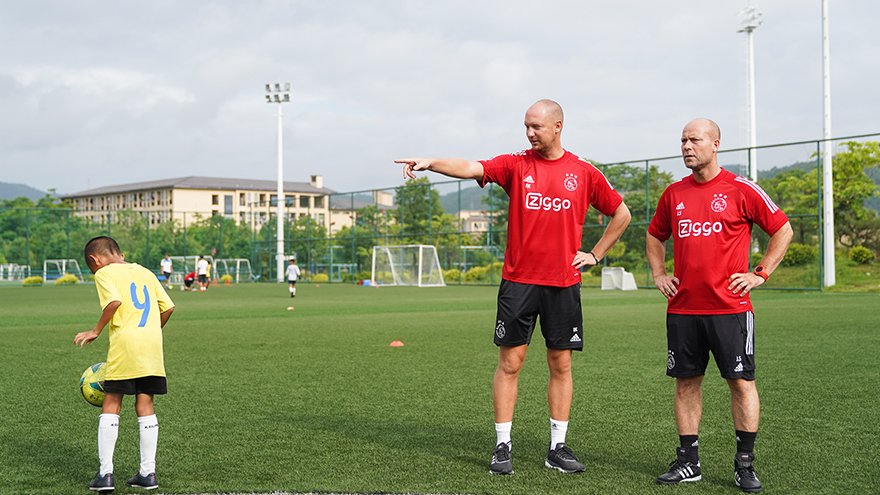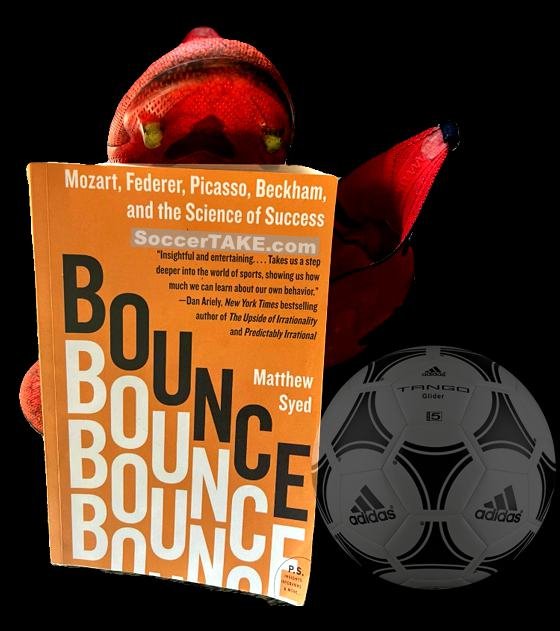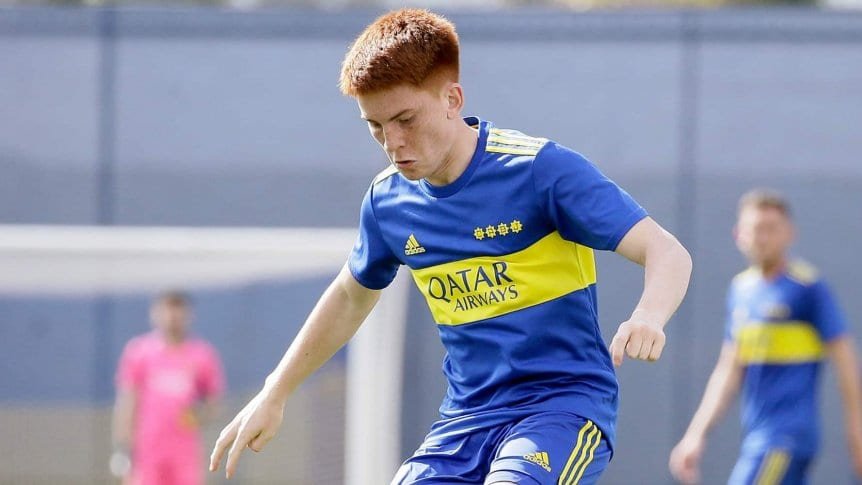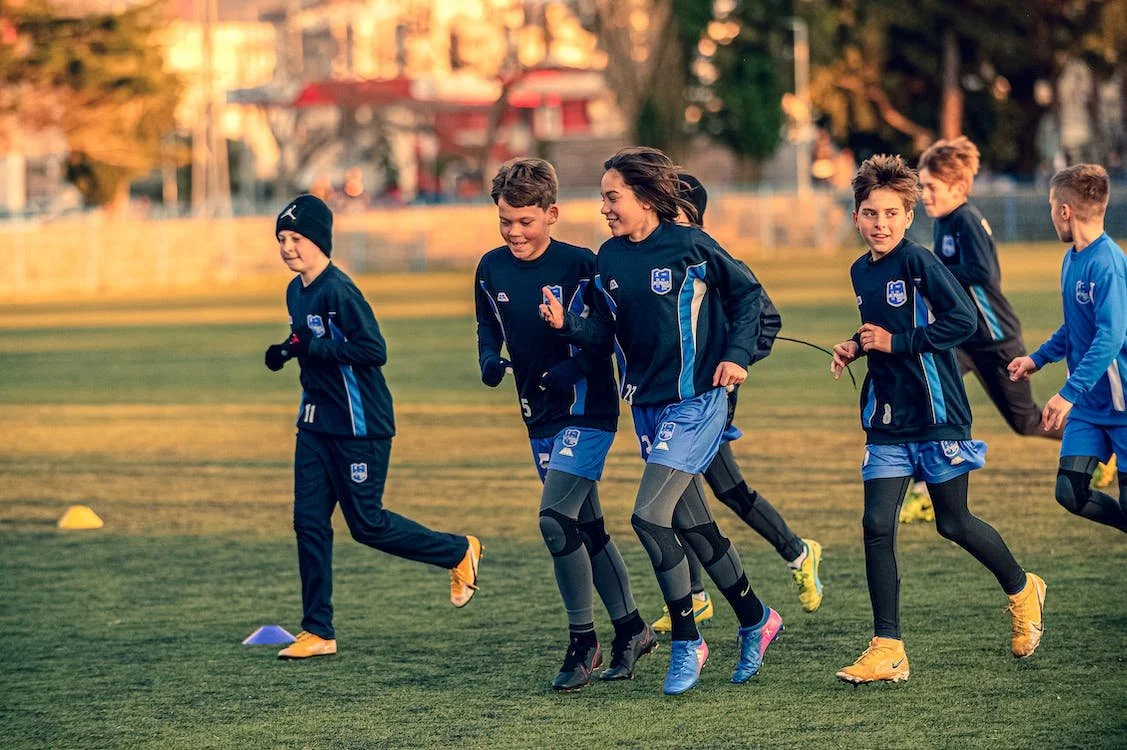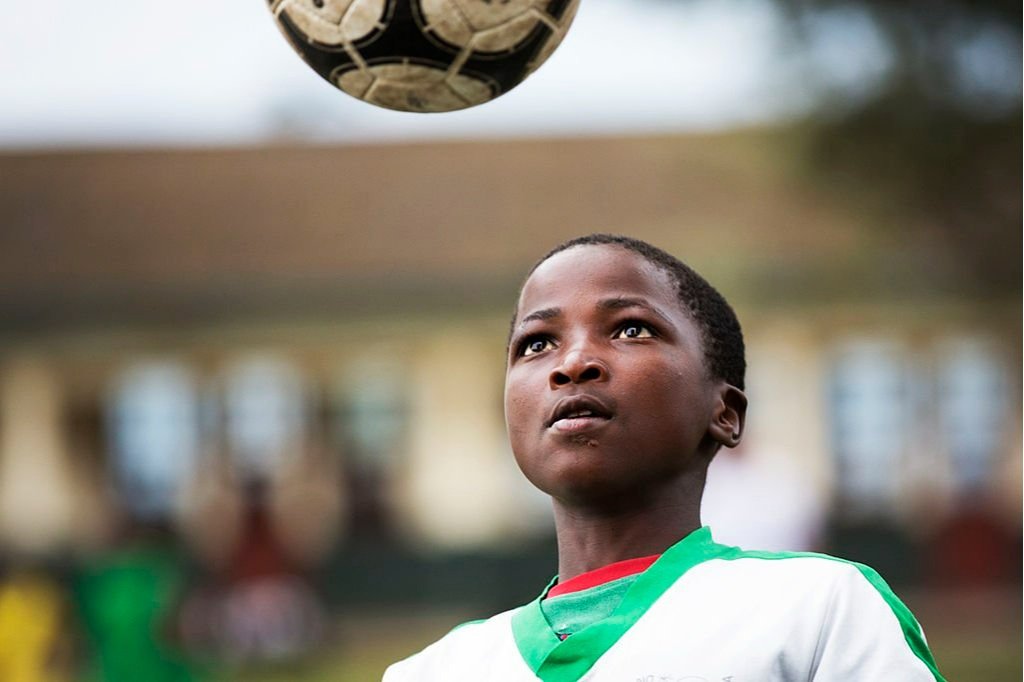Ajax: Player Development Approach
Ajax, the Dutch professional soccer club, is renowned for its youth development program and ability to produce world-class talent. The club's player development philosophy has long been admired and studied by soccer enthusiasts, coaches, and clubs worldwide. In this article, we will explore the core principles of Ajax's player development philosophy and compare it with the approaches adopted by clubs in the UK, Germany, and Belgium.
Ajax's Player Development Philosophy
Ajax's youth academy is renowned worldwide for cultivating exceptional football talent. The club's objective is to develop gifted youngsters into elite athletes, even though the journey to the top can be both arduous and lengthy. International stars like Johan Cruyff, Marco van Basten, Frank Rijkaard, Wim Kieft, Dennis Bergkamp, and Patrick Kluivert are just a few of the notable players who honed their skills at this esteemed academy.
Ajax’s primary focus lies in the development of top-tier footballers. The youth academy is often referred to as the cradle of Dutch football, where competition becomes increasingly fierce as players advance. The ultimate goal is to secure a spot in the Amsterdam Arena, though only one or two players achieve this feat each year.
The club relies significantly on its youth academy to produce players already accustomed to Ajax's style of play. The youth teams receive training identical to that of the first team, ensuring consistency across the club. Central tenets of the club include a 4-3-3 formation, specialized training, discipline, and adherence to house rules. Ajax emphasizes a distinctive, attractive style of play that is creative, fast-paced, fair, and primarily focused on the opponents' half.
While Personality and Speed are generally innate qualities, Technique and Insight can be continually improved. Players are provided with a unique Ajax passport, which documents their accomplishments.
TIPS Model
The club utilizes the TIPS model—Technique, Insight, Personality, and Speed—with ten criteria for each component. Ajax's TIPS model is an innovative player development approach that focuses on four key components: Technique, Insight, Personality, and Speed. This model helps the club identify, evaluate, and nurture young talents, guiding them on their journey to becoming professional footballers.
Technique
This aspect of the TIPS model emphasizes the importance of honing a player's technical skills. Technique includes ball control, dribbling, passing, shooting, and tackling, among other abilities. Ajax's youth academy places significant emphasis on developing these skills, as they form the foundation of a player's ability to execute on the field.
Insight
Insight refers to a player's understanding of the game, their tactical awareness, and their ability to read and react to situations on the field. It encompasses spatial awareness, decision-making, positioning, and anticipation. Ajax invests considerable resources into enhancing the tactical acumen of its players, as this aspect of the game can be developed and improved over time.
Personality
Personality is a critical component of the TIPS model, as it reflects a player's mental strength, attitude, determination, and leadership qualities. Ajax recognizes that the psychological aspect of the game is crucial for a player's success, both on and off the field. The club seeks to nurture players who possess strong personalities, as they are often the ones who can make a difference in high-pressure situations and inspire their teammates.
Speed
Speed is an essential element in modern football, and Ajax's TIPS model takes this into account. This component is not just about physical speed but also encompasses quick thinking, agility, and reaction time. While some aspects of speed are innate, the club focuses on enhancing these qualities through rigorous training and targeted exercises.
Key Ajax Principals
The success of Ajax's youth development program can be attributed to several other key principles:
Positional Versatility
Ajax encourages young players to develop their skills and understanding of multiple positions on the field. This approach fosters versatility and adaptability, allowing players to excel in various roles as they progress through the ranks.
Total Football
Ajax's player development philosophy is heavily influenced by the concept of "Total Football" - a style of play that emphasizes fluid movement, constant positional interchange, and possession-based soccer. This approach requires players to be technically proficient, tactically astute, and physically fit.
Holistic Development
Ajax believes in nurturing the overall development of its young players, both on and off the field. The club invests in the education, mental well-being, and personal growth of its players, fostering a strong sense of discipline, teamwork, and responsibility.
Comparison with the UK
There are notable differences between the player development philosophies of Ajax and clubs in the UK. While Ajax places a significant emphasis on technical skill development, UK clubs have historically prioritized physical attributes and direct play. However, in recent years, there has been a shift in the UK's approach to youth development, with clubs adopting a more technical and possession-based style of play. This has led to the emergence of academies such as Manchester City and Chelsea, which focus on developing technically gifted players capable of thriving in a possession-based system.
Another difference is the emphasis on positional versatility at Ajax compared to the UK, where players are often pigeonholed into specific positions from a young age. This early specialization can limit a player's development and adaptability in the long run.
Comparison with Germany
Germany's player development philosophy shares some similarities with Ajax's approach, particularly in terms of emphasis on technical skills and tactical understanding. The German football federation (DFB) has invested heavily in youth development, resulting in the creation of top-notch academies that prioritize a well-rounded education in soccer.
One key difference between Ajax and German clubs is the focus on physicality and athleticism in the German development system. German clubs often prioritize the development of a player's physical attributes alongside their technical skills, resulting in a more balanced approach that produces physically imposing and technically proficient players.
Comparison with Belgium
Belgium has recently emerged as a hotbed for soccer talent, with their national team reaching the top of the FIFA rankings. The Belgian player development philosophy shares some similarities with Ajax's approach, particularly the emphasis on technical skills, tactical understanding, and holistic development.
Belgian clubs and the Belgian FA have invested heavily in grassroots soccer and youth development, focusing on providing a comprehensive soccer education for young players. Belgium's approach to youth development also values positional versatility, similar to Ajax, which enables players to develop a broader understanding of the game and become adaptable to different positions and roles on the field.
Belgian academies aim to tailor their coaching and training methods to the specific needs and strengths of each player. This individualized approach helps young players maximize their potential and better prepares them for the demands of professional soccer.
Indeed in the youth level, Dutch and Belgian players often exhibit a higher level of technical proficiency than their German counterparts. This can be attributed to the emphasis on technical skills and ball mastery in the Netherlands and Belgium, where coaches prioritize creativity, vision, and technique from a young age. The Dutch and Belgian academies focus on nurturing technically gifted players, providing them with a solid foundation in dribbling, passing, and ball control. This approach allows these players to excel in tight spaces and make quick, intelligent decisions on the field. In contrast, German academies have traditionally placed a greater emphasis on physicality and tactical discipline. However, in recent years, Germany has also recognized the importance of technical skills and has been adapting its development programs to better balance physical attributes with technical abilities.
The Bottom Line
Ajax's player development philosophy has long been regarded as one of the most successful and admired approaches in the soccer world. The TIPS model serves as a comprehensive framework for Ajax's youth academy, enabling the club to consistently develop and produce top-quality players. By focusing on these four core aspects, Ajax ensures that its players are well-rounded, technically gifted, tactically astute, and mentally strong, ready to compete at the highest level of the sport. Further, the club's focus on technical skill development, positional versatility, and holistic growth has produced countless world-class players and contributed to the team's success on the field. While there are similarities and differences in the youth development approaches of the UK, Germany, and Belgium, each country has its unique strengths and characteristics.
The UK has been evolving its approach to focus more on technical skills, while Germany continues to strike a balance between physical attributes and technical proficiency. Belgium, on the other hand, has emerged as a leader in youth development by prioritizing individualized player development and embracing a versatile approach similar to Ajax.
Ultimately, the success of any player development program depends on its ability to adapt to the ever-changing demands of the game and the unique needs of each player. The continued success of Ajax and the growth of soccer in countries like the UK, Germany, and Belgium serve as examples of how effective player development approaches can positively impact the future of the sport.
Book Recommendation
Here are 5 books that focus on AFC Ajax, their history, and their football philosophy:
Ajax, The Dutch, The War: The Strange Tale of Soccer During Europe's Darkest Hour by Simon Kuper
Brilliant Orange: The Neurotic Genius of Dutch Soccer by David Winner
Ajax, Barcelona, Cruyff by Frits Barend and Henk Van Dorp
My Turn: A Life of Total Football by Johan Cruyff
The European Game: The Secrets of European Football Success by Dan Fieldsend



